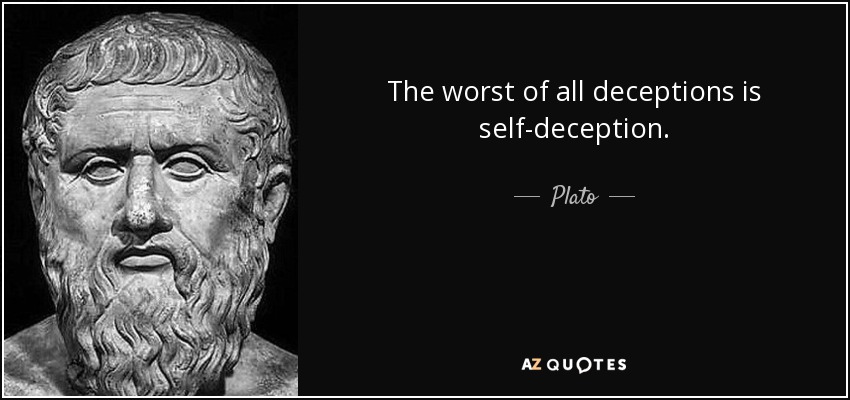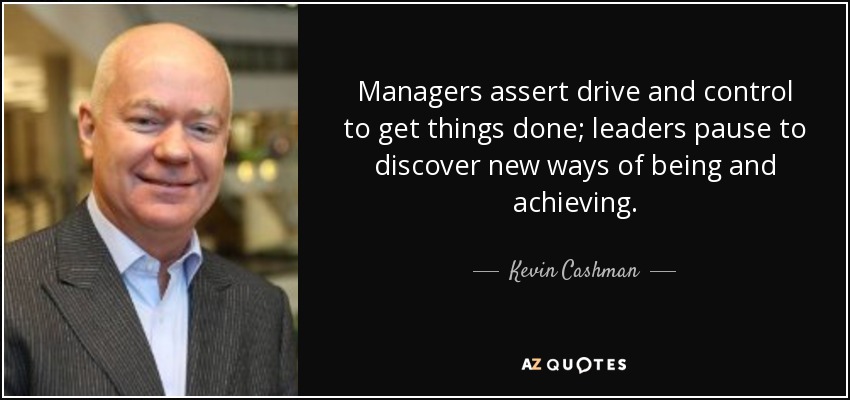April—the month we celebrate “Fool’s Day”—was marked for my study of the Futility of Folly and Avoiding the Fool. Since yesterday was “Honesty Day,” it’s a good time to reflect on my post summarizing The (Honest) Truth about Dishonesty.
When I consider folly from a leadership perspective, I’m reminded of a book recommended to me by a former NASA HR Director more than ten years ago: The Arbinger Institute’s Leadership and Self-Deception.
As Amazon points out, “Since its original publication in 2000, Leadership and Self-Deception has become an international word-of-mouth phenomenon (more than 2 million copies have been sold to date). Rather than tapering off, it sells more copies every year. The book’s central insight—that the key to leadership lies not in what we do but in who we are—has proven to have powerful implications not only for organizational leadership but in readers’ personal lives as well.”
Click here to learn more


